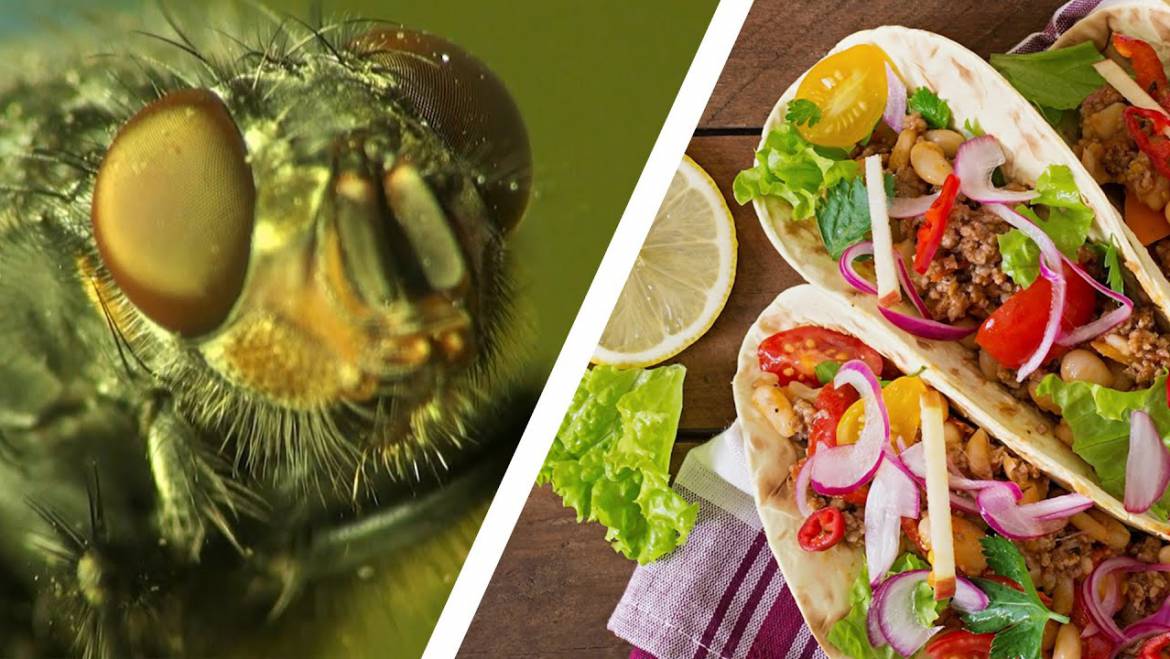Do you have a tendency to leave food out in the open? Last night’s dinner? Snacks? Or overripe fruit and vegetables?
If so, then you could be creating the perfect conditions for flies to infest your home or business.
To avoid the risk of infestation, it’s worth knowing what flies eat and drink. This way you can take the necessary steps to keep these food sources away. Thus, you will greatly reduce the risk of an infestation and enjoy a cleaner, healthier environment.
If you have a fly problem – and nothing you try seems to work – contact All Bugs today for free advice and a quote for effective fly control.
Here’s what Flies Eat and Drink
Most flies, regardless of their species, are attracted to some type of organic decaying material, including:
- Overripe fruit and vegetables – Especially apples, bananas, pineapple, tomatoes, and onions
- Animal faeces
- Sugary substances – sugar, honey, syrup, soft drink, and candy
- Fresh or decaying meat – including dead animals
- Old cheese
Some fly species have a taste for certain flavours. For instance, fruit flavours are particularly drawn to sweet substances and fermented goods like beer, cider, liquor, and wine. While blow flies are most drawn to fresh or decaying meat and animal carcasses.
Why Feeding Hungry Flies is bad for your health
Having flies in your home or business is a nuisance. But this pales in comparison to the health risk they pose to your family, staff, and customers.
Not convinced? Here’s why.
It all comes down to how flies consume food. Put simply, most flies don’t have mouths, so they are unable to chew solid food like other animals.
Instead of teeth, flies have a special mouth part called a proboscis, which they use to consume liquids.
In order to consume solid food, flies vomit their digestive enzymes over the food. The digestive juices break down the solid food into small pieces. The fly then uses the proboscis to slurp it all up.
As a result, the vomit residue is left behind on the food or surface. If the fly is infected with bacteria or disease, then the leftover vomit could transmit those pathogens to a human or animal who comes makes contact with it.[1]
Therefore, to reduce the risk of contamination, it’s vital that you take preventive measures.
How to keep Flies at Bay
- Place leftover food in a secure container with a lid on top. Or on a plate wrapped tight with cling wrap. When possible, place the leftover food in a clean, uncluttered fridge.
- Quickly clean up spills as soon as possible
- Take out the trash at least once a day before you go to bed.
- Wipe down surfaces like kitchen countertops, dining tables, and coffee tables on a regular basis. These surfaces are most prone to housing food scraps, which can quickly attract flies.
Don’t let your Home or Business turn into a buffet – call the experts
At All Bugs, our licensed pest technicians are the experts in fly control.
By conducting a thorough assessment of your home or business, we can identify the species of fly, possible entry points, and the cause of the infestation. From there, we can put in place a custom treatment plan designed to get rid of the infestation – and keep it that way for good.
Most importantly, the entire treatment procession is disruption-free and safe for all tenants.
Contact All Bugs today for free advice and a quote for Effective Fly Removal.



Leave a Reply